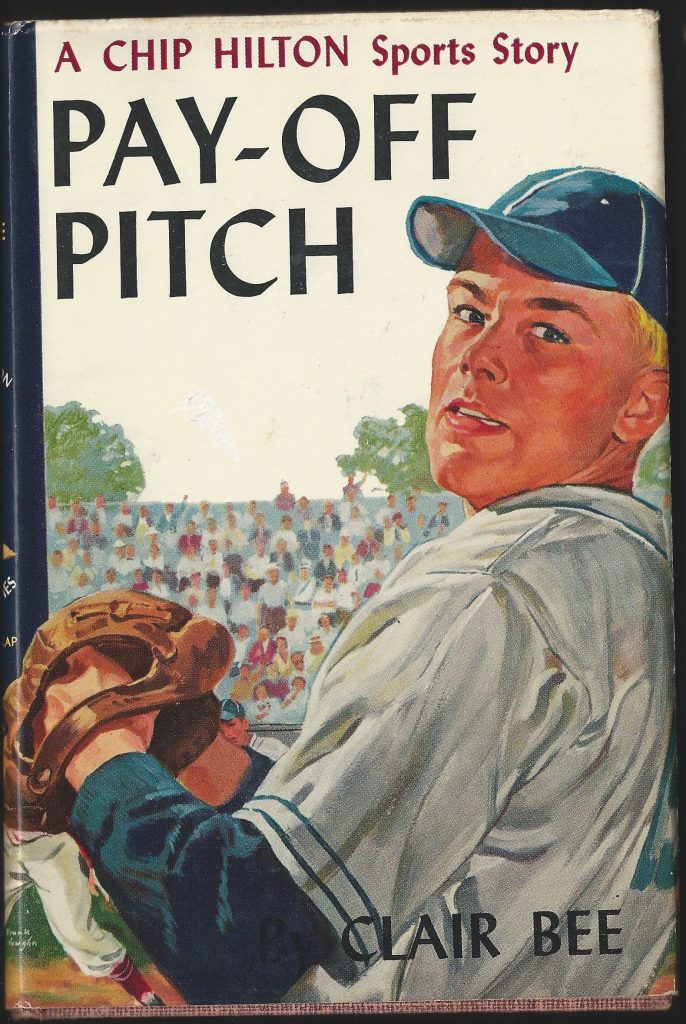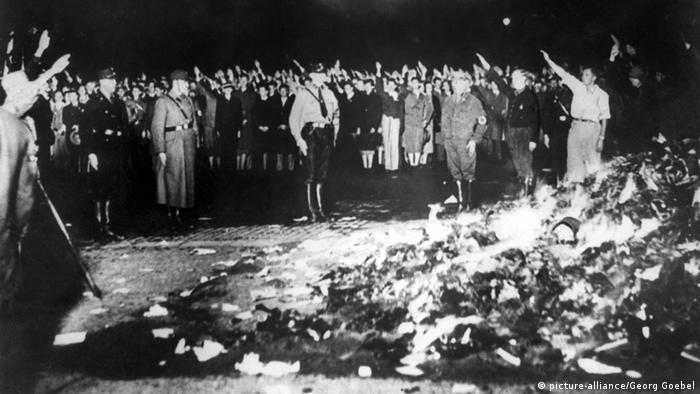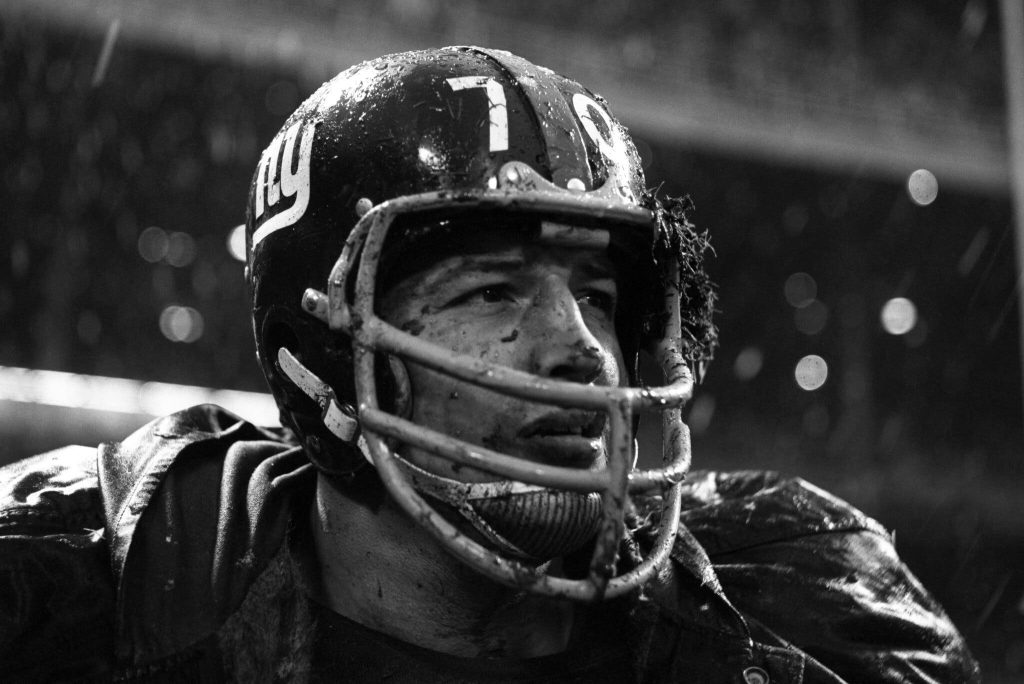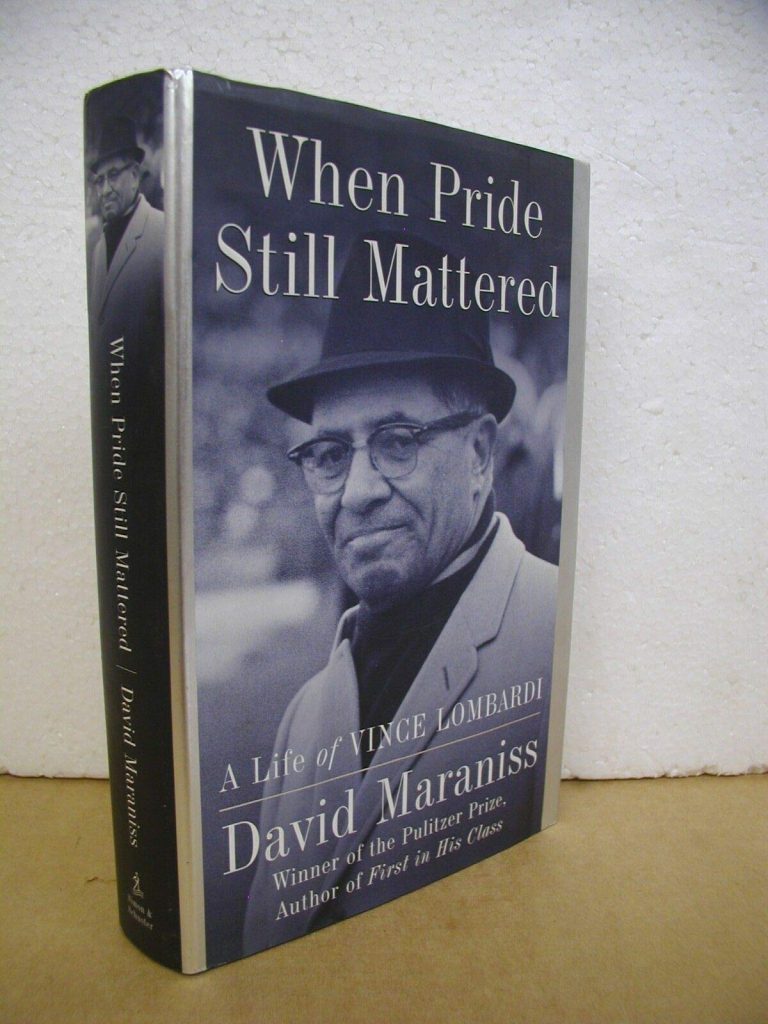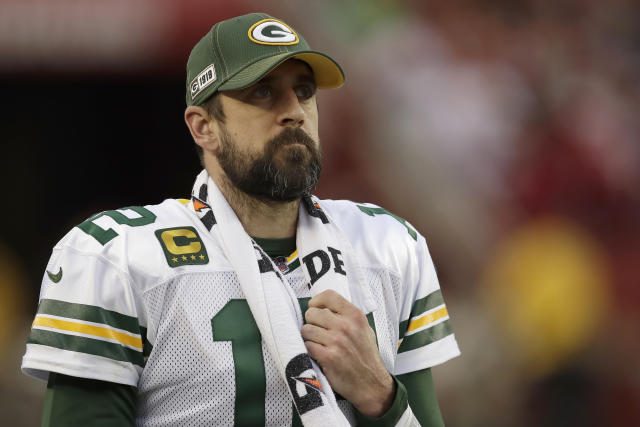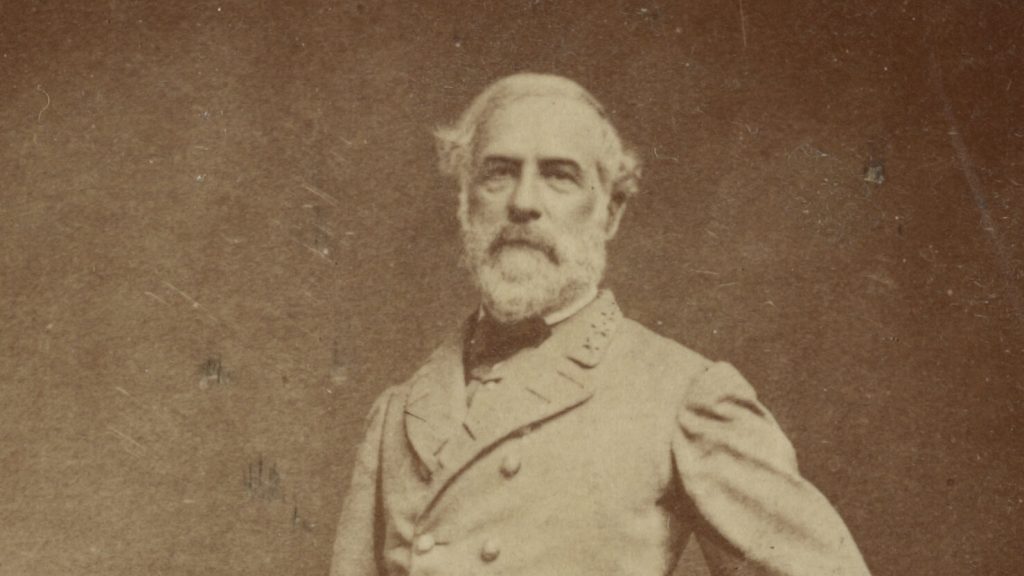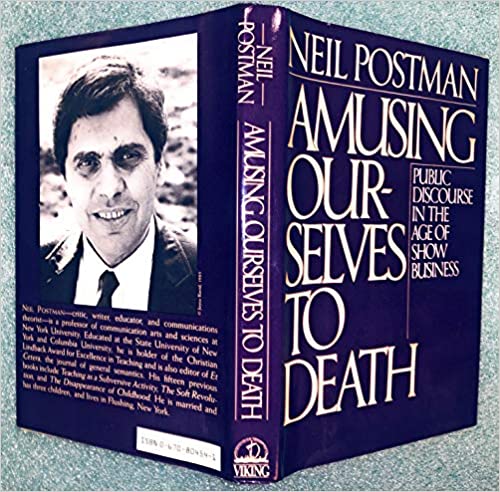The public opinion polls tell us that about two-thirds of our fellow citizens think we are seriously off on the wrong track. That number has been remarkably consistent for the last year.
And why not? We’re in year two of a deadly pandemic. Our political system is broken. Seventeen-year-old boys, most of whom would not be considered safe at the wheel of an automobile, can show up in a neighboring state with an assault rifle and create tragedy. The Internet, once considered as great a creation as Gutenberg’s printing press, is a smelly cesspool of conspiracy, hate and craziness, and quite a few dog photos. A murderous thug is threatening war in the heart of Europe, while a Chinese strongman does the same in the South China Sea.
What is the world is there to be thankful for in this season of thanks?
Well, Adele has a new album.

No, seriously. Why even bother with all this thankfulness? The world is a mess. The country is going to hell. Kevin McCarthy is measuring the drapes in the Speaker’s office. Joe Biden’s feet and back hurt. And due to the world’s supply chain chaos, my plastic Christmas tree is stuck in some shipping container in a loading dock in Long Beach.
Actually, that last thing is not true. I am thankful that I have never had, nor will I ever have an artificial Christmas tree. So, begin from there.
I do think the country is in a bad place and there is much reason to be very concerned about everything from politically motivated violence to gerrymandering to a washed-up television game show host making another run for the White House, but this week I’m not going to despair. At least not too much.
This is the week, after all, for the most American of holidays, a day of thanksgiving created by the most American of presidents in the midst of the uniquely American civil war. I’m thankful there was an Abraham Lincoln. I’m thankful he was aware enough to proclaim Thanksgiving at a moment of supreme trial for a country divided and in danger of collapse. That bloody war ended. The nation got a new birth of freedom, well sort of. We have work to do, my friends.
Lincoln began that first Thanksgiving proclamation with thanks for “fruitful fields and healthy skies.” He reminded Americans that to “these bounties, which are so constantly enjoyed that we are prone to forget the source from which they come, others have been added, which are of so extraordinary a nature that they cannot fail to penetrate and even soften the heart which is habitually insensible to the ever-watchful providence of Almighty God.”
Indeed.
So be thankful for your turkey, if you had one, or even your vegan main dish and remember you might do a good turn for someone less fortunate who has much less and much less reason to give thanks.
Give thanks for family if you have one. Remember to be grateful for friends if you have some. Do you have a good book or a football game on the tube for entertainment and distraction? Be happy. Be thankful.
Do you have a fly rod or golf clubs? How about a working automobile or a dry and warm place to put your head down tonight? Is there a six-pack in the frig? Did your mom call? How about the memory of that high school basketball game or the girl or boy friend you made the summer when you were 14-years old? Be thankful.
I’m thankful for journalists and the First Amendment, even if it does tend to elevate nitwits like Tucker Carlson. I’m grateful for real historians and librarians and people who listen. I’m thankful that the country has had some remarkable political leaders. Mike Mansfield. Mark Hatfield. Howard Baker. Maurine Neuberger. John McCain. Cecil Andrus. John Lewis. Birch Bayh. Margaret Chase Smith. Phil Hart. Frank Church. Dr. King. John Sherman Cooper. Nancy Kassebaum. Everett Dirksen. Google them. Be grateful for great people.
I’m thankful for baseball. I’m thankful for NPR and the BBC and a warm fire on a cold November night. And poetry – Yeats and Sandberg, Auden and Sylvia Plath. I am grateful for community newspapers and people who volunteer at food banks, donate to libraries, adopt dogs and pick up junk on the beach. Be thankful for life saving medicine and health care workers.
I give thanks for my parents who didn’t have much, including no higher education, but who made sure my brother and I had everything we needed, including a diploma. I’m grateful for a favorite uncle who wrote me letters and treated me like royalty and for an aunt who could stroke a golf ball straight and long and made the world’s best raspberry jam.
Thankfulness extends to all the people – they know who they are – who gave me chances, handed me more responsibility than I was old enough or smart enough to exercise and then congratulated me when I didn’t totally screw up, and forgave and forgot when I did.
I’m grateful for the person who is the first reader of everything I write and who can talk me down off a ledge or get me off my high horse. Be grateful if you are fortunate enough to have a love of your life.
I’m thankful for memories of Thanksgivings past and cranberry relish and whiskey from the Highlands. And I am really and truly thankful for what it has meant, can mean and must mean again to be an American. I tired of the tribal wars and senseless divisions. I long for leaders who get that and want to be Americans before they want to be re-elected.
I am thankful for that original Thanksgiving and Lincoln’s eloquent proclamation. And I’m thankful for his call to fellow Americans in another dark and troubling time where this most wise and decent man fervently implored “the interposition of the Almighty hand to heal the wounds of the nation, and to restore it, as soon as may be consistent with the Divine purposes, to the full enjoyment of peace, harmony, tranquility, and union.”
Let it be said. Let it be so.
Be thankful.
Additional Reading:
Some Thanksgiving weekend diversions and thought provokers…
Ryan Smith has a pitch
I have said it before and will say it here – read everything McKay Coppins produces. His work usually appears in The Atlantic, but this piece about the new owner of the Utah Jazz basketball team, Ryan Smith, was in the Deseret News in Salt Lake City.
It is definitely worth your time.
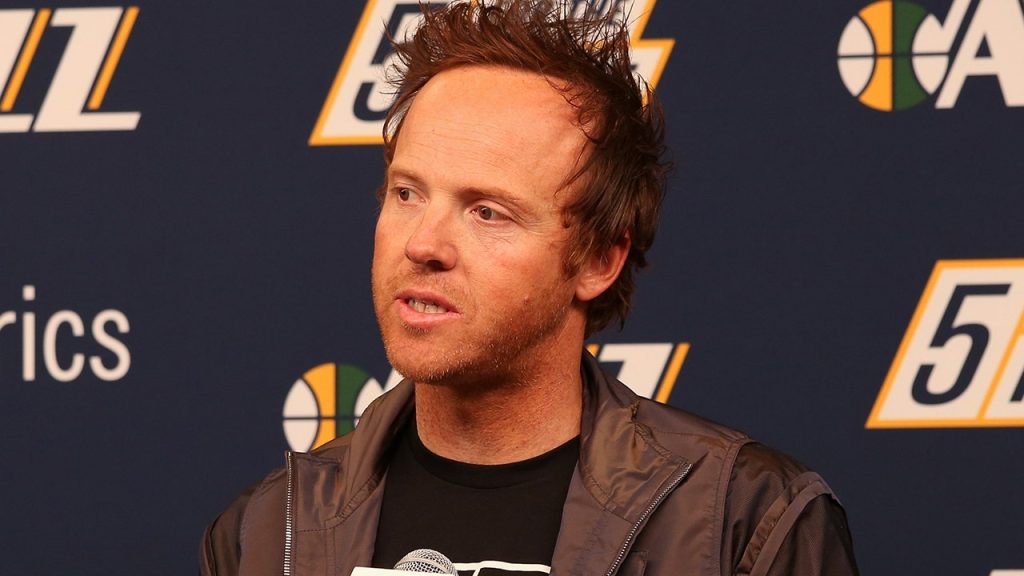
“When he bought the Jazz last year from the Miller family — old-school Utah stalwarts who made their fortune in car dealerships — it felt emblematic of a broader changing of the guard. The state’s new establishment is younger, richer and more connected to the global elite than any class of leaders that’s come before. And they may be better positioned to finally win Utah the prestige and recognition it’s always craved.
“But not everyone is on board with their vision. For all of its recent aesthetic transformation, many in Utah are still governed by a small-c conservatism. Detractors fear that if Smith and his peers get their way, the state will be overrun with fleece-vested finance bros and Silicon Valley expats. They warn of a Utah diluted of its focus on family, faith and frontier frugality, and defined increasingly by workaholism and decadent consumption.”
High tech, big basketball, Utah and LDS culture. What’s not to like. Here is the link:
It Wasn’t a Hoax
Another writer and thinker who has found his voice during our troubled time is David Frum. His latest piece reminds us that it’s a lie – a really big lie – when The Former Guy talks about “the Russia Hoax.”
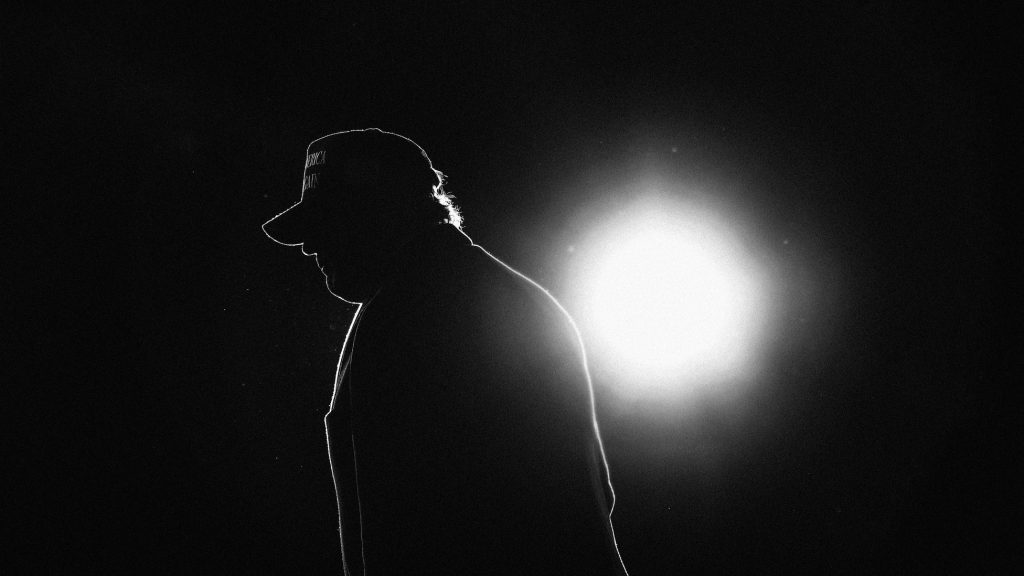
“Since Donald Trump declared for president in 2015, it’s seldom been possible to get to the bottom of one scandal before Trump distracts attention with a bigger and worse scandal. For more than a year, the United States has been convulsed by Trump’s frontal assault on election integrity and the peaceful transfer of power. He has, one by one, eliminated from politics Republicans who upheld the rule of law, and urged their replacement by stooges who repeat his Big Lie. Republican candidates for office talk more and more explicitly about taking power by violence if necessary. These dark threats have understandably overwhelmed the effort to fill in the blanks of the Trump-Russia scandal of yesteryear.”
Frum does a marvelous job of reminding us what everyone who has followed this story knows as fact. Link here:
Family, Pfizer, Zoom, and Other Things I’m Grateful For
Mona Charon writes in the same vein as my essay this week.
“There’s lots to lament, which is why it’s more important than ever to exercise gratitude.” Indeed. The link:
D. B. Cooper Homage Music Video “November 1971″
I saved the very best for last. You’ve probably seen the stories this week recalling D.B. Cooper and the mystery still surrounding his skyjacking of an airliner in 1971.
Do yourself the favor of watching this utterly delightful 5:48 short film, a musical takeoff on the old and still fascinating story.
Take it easy. Get some rest. Be grateful. And then get to work. We have a democracy to save.
Thanks for reading.

